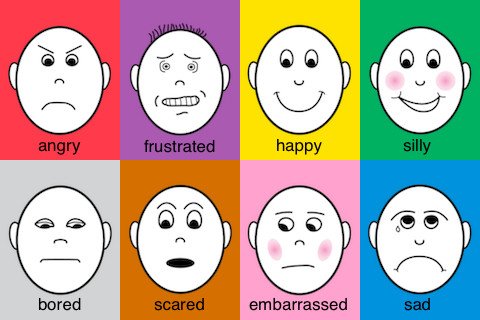
Which is more important: Mental health or personal responsibility?
I say both—equally. Why? Because the two are intertwined.
A mentally healthy person understands that emotions result from thoughts. In other words, it isn’t possible to say or think, ‘You made me feel a certain way.’
Nobody makes you feel anything.
You feel the way you do because of what you’re thinking. If you’re feeling angry, then your belief is that somebody did something wrong. Your belief may be objectively valid, and provably true. If so, then it’s reasonable for you to feel angry. However, it still isn’t true that someone is ‘making’ you angry. Your observation, view or opinion is creating the feeling.
This is why mentally unhealthy people tend to be their own worst enemies. They are the people who say or think, ‘You make me feel this way.’
The person to whom this statement is directed often feels on the defensive. ‘I made you feel that way? What did I do to make you feel that way? Oh, I’m so sorry. How can I correct it?’ Or, ‘I made you feel that way? Screw you!’
But neither response is right—or rational, or healthy. The person who hears another say, ‘You make me feel,’ is right to simply ask, ‘What actions of mine have led you to the conclusion I did something wrong?’
In other words: prove it.
Just as in a rational court of law an accuser is obliged to prove the guilt of the accused, in a rational state of mind the person having the emotion is obliged to prove its soundness and cause.
People who go through life feeling angry, hurt, depressed or bitter have done this to themselves. They don’t always realize it, but they have. They have interpreted experiences with others as having ‘made’ them feel a certain way.
In contrast, the self-responsible and healthy approach would be, ‘Well, I feel this way because of certain conclusions I have made. Let’s take a look at these conclusions and see which of them, if any, are validated by facts; and which, if any, are not.’
An unhealthy and ethically irresponsible person simply takes his feelings at face value; and expects others to do the same.
It works both ways. It also works in the positive direction. If someone tells you, ‘Thanks for talking with me. You made me feel better,’ it’s likewise an error. You didn’t make anyone feel better. You might have provided evidence, facts or reasoning the person didn’t previously consider. Now, as a result of considering these points after talking to you, the person feels better. But you didn’t ‘make’ anything occur in another’s mind. The person chose to talk with you, listen to you, and exercise independent thought in reaching a particular conclusion. You helped, but the fundamental credit goes to the person doing the thinking for him- or herself. This might be thinking that you facilitated, but did not actually cause.
Psychologically healthy people ultimately take responsibility for their own emotions. They understand, and accept, that their emotions are caused by their own thinking. It’s thinking they’re free to challenge, change or correct.
The poor souls who go through life feeling like they have no responsibility for their own feelings are their own worst enemies. They will continue to improperly blame (or even improperly credit) others for their emotional condition. These are the people in a constant state of rage, hurt, bitterness, depression, anxiety or other debilitating emotions.
Emotional condition is one thing we bring largely on ourselves. Resistance to this fact is truly futile. Acceptance of its truth is more liberating than you might ever expect.
Be sure to “friend” Dr. Hurd on Facebook. Search under “Michael Hurd” (Rehoboth Beach DE). Get up-to-the-minute postings, recommended articles and links, and engage in back-and-forth discussion with Dr. Hurd on topics of interest.
